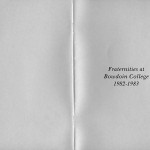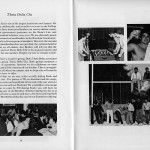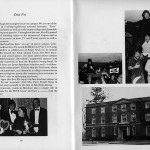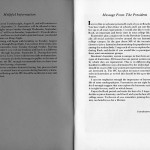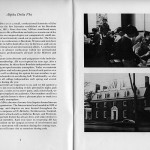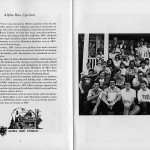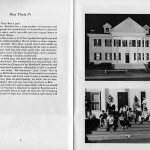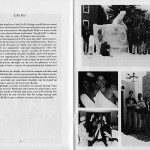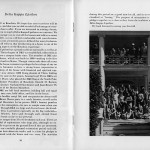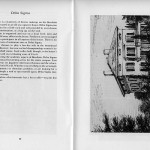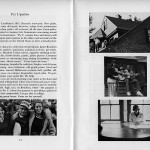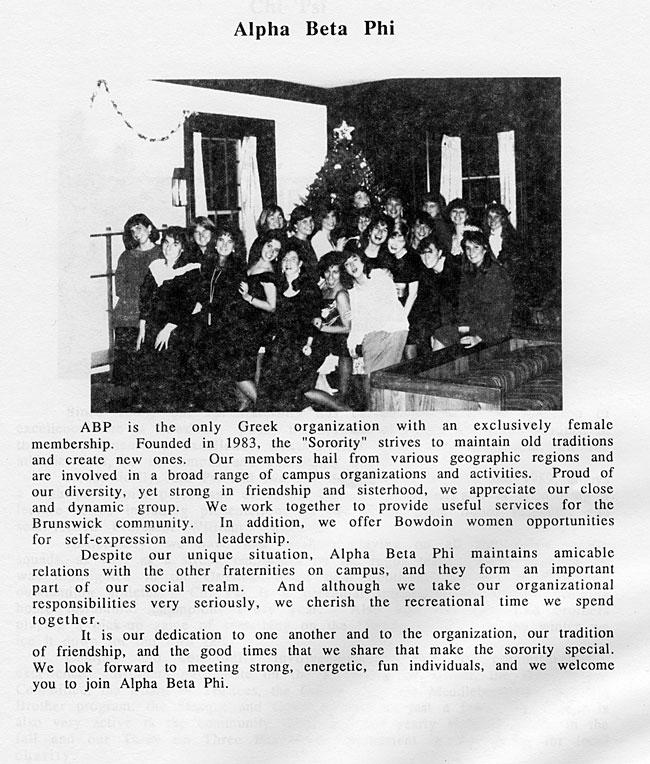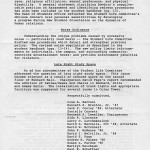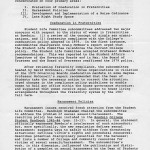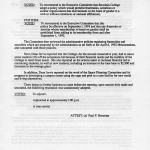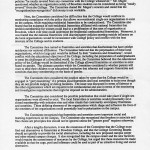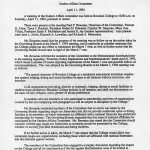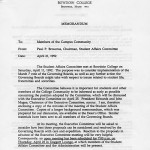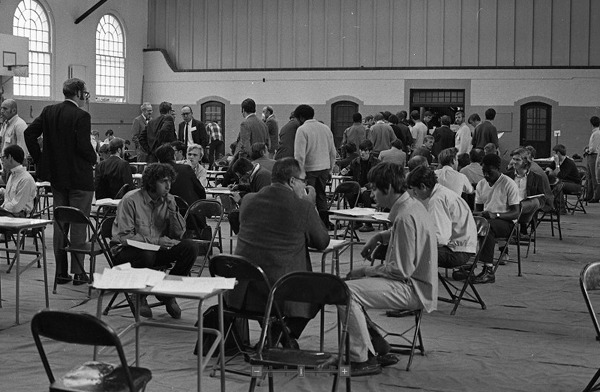The 1982-1983 rush booklet (Document SS, 51) is structured the same as the 1975 booklet. This booklet reflects women’s further inclusion in Bowdoin’s social scene. In this one almost every fraternity indicates that women have full membership. Only two fraternities that at this point limit women’s membership. Chi Psi was the only all-male fraternity. They state that women are always welcome and encouraged to participate fully in their social functions. Theta Delta Chi, on the other hand, had a women’s group separate from the fraternity itself. The two groups did collaborate on social activities throughout the year.
Overall, these pages display a change in Bowdoin’s fraternity and social scene over the college’s first ten years of coeducation. The earlier 1975 booklet shows that the fraternities were still figuring out how to incorporate women in their ranks. The 1982-1983 booklet shows that at least most that fraternities had found a way to include women in their ranks by having them as active and productive members.
